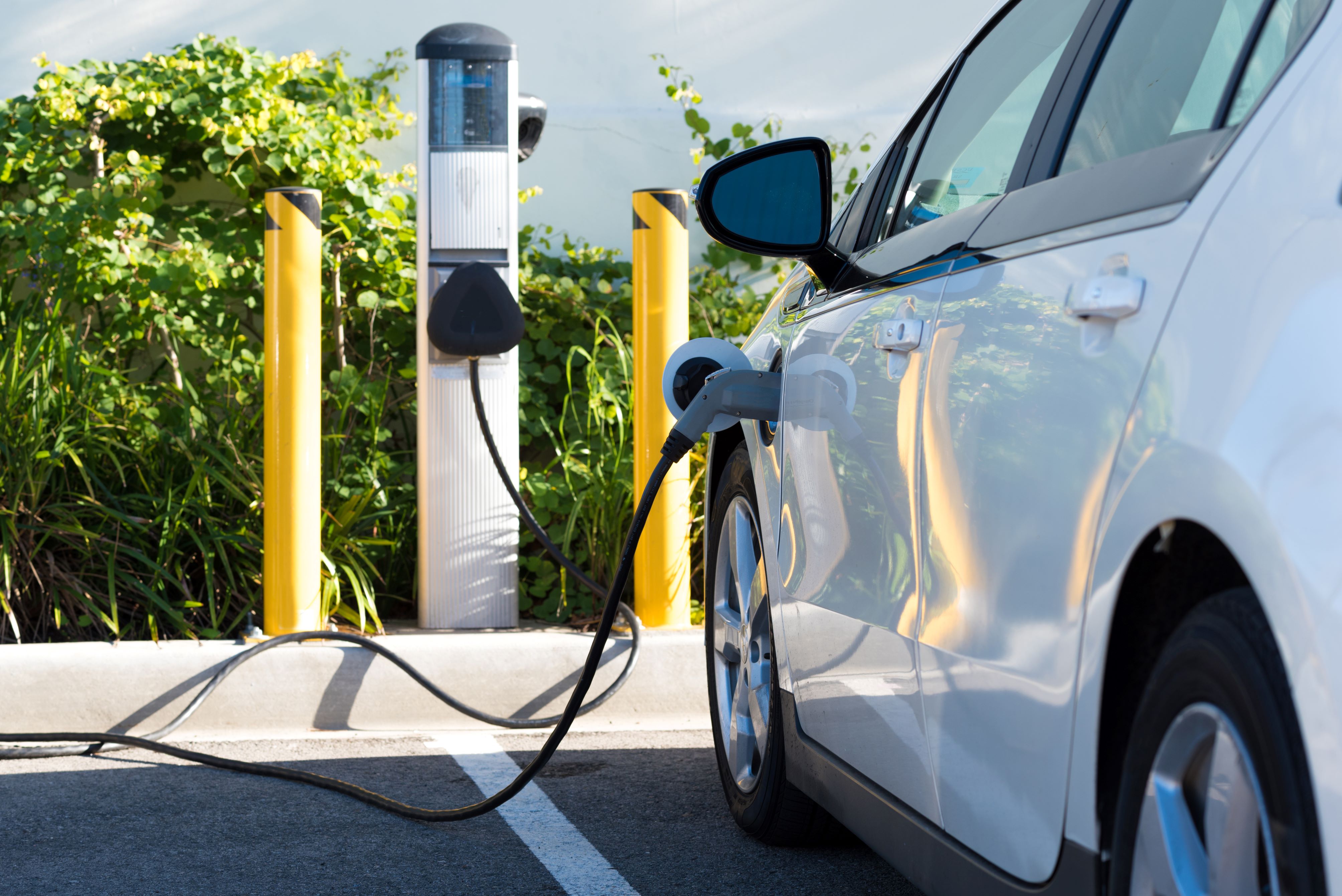
European and UK negotiators want to resolve an impending “cliff-edge” on tariffs on electric car components, just as the UK’s green automotive sector looks to be hitting a hot streak.
According to Politico, the UK and EU are currently working together to stop electric car manufacturers being hit by new tariffs planned for the beginning of next year.
Under rules of origin provisions contained in the UK-EU Trade and Cooperation Agreement (TCA), currently up to 70% of battery components can come from outside the UK or EU before tariffs would apply.
Planned tariffs
As part of a planned phase-in, this percentage would drop to 40% from 1 January 2024 onwards, with automotive groups on both sides of the channel calling for this date to be pushed back.
Since the rules are written into the TCA, any changes would require sign-off from the joint partnership council, which has only met twice since its inception in 2020.
However, technical talks are said to be progressing, with the Department of Business and Trade also considering next moves.
Build back batteries
The lobby group UK in a Changing Europe has previously warned that the UK needs greater capacity in domestic battery production in order to cope with this planned change, particularly in light of the government’s Net Zero ambitions.
Whitehall’s plans to expand the UK’s green tech industry have faced headwinds, particularly after the collapse of Britishvolt in January due to financial issues.
Although the firm was later bought by Australia’s Recharge Industries, the overall effort to boost the green tech sector has faced difficulties since US president Joe Biden signed his signature Inflation Reduction Act (IRA).
The IRA saw the introduction of billions of dollars in subsidies and tax breaks for North American green technology production, prompting outcry from the EU and UK.
Sky News reports that the only remaining British battery producer is mulling a plan to shift production to the US to take advantage of these subsidies.
UK industry
In spite of these difficulties, UK electric car production surged this last March.
According to figures from the Society of Motor Manufacturers and Traders (SMMT) – published at the end of last month (28 April) – total UK car production rose by 6.0% in the first quarter of 2023, with exports driving much of these gains.
Four in ten cars built in the month of March were electric, according to the SMMT, with combined volumes of hybrid, plug-in hybrids and battery powered cars increasing 75%.
Mike Hawes, SMMT’s chief executive, said that the results were “cause for optimism” and called for the UK “to match the best in global competitiveness.”
He added: “That means driving down the high cost of UK energy, reforming business rates and vigorously promoting Britain globally to secure the investments essential to a zero-carbon automotive future.”
Supply chain issues
The Loadstar reports that European ports are approaching maximum capacity when it comes to transporting cars, with several logistics companies expanding their services in anticipation of the continuing demand for electric vehicles.
Roll-on/roll-off transport has purportedly reached capacity in the port of Antwerp-Brussels, with other European ports experiencing increased demand, as imports into Europe increase.
Four new vessels have been ordered by SAIC Anji – China’s largest carmaker – at a cost of $96m for each vessel.



